Activity
Democracy For the Kids, By the Kids
If your tween wants to fight for her rights, don't get in her way - she's exercising the democratic principle of free speech, and that's a good thing! Okay, well maybe not quite so loud.
To channel your child's revolutionary ambitions, introduce her to the political process, and encourage her to campaign for her cause! This fun-filled activity will not only polish her political chops, it'll keep her busy long enough to forget about the "Unlimited T.V.!" campaign she was planning.
What You Need:
- Newspaper
- Television – any news channel
- Internet (optional)
What You Do:
Preparation: Have your child and a sibling or friend come up with something that they often have a hard time choosing, preferably something that they disagree on. For example, perhaps they can’t come to an agreement on which movie to watch or game to play.
- Explain the election process:
- A candidate announces that he or she will run for president.
- The candidate campaigns to win delegate support, as well as representatives to back them.
- There are mini-elections held allowing the general public to vote. These are called caucuses (debating issues) and primary elections (voters voting). One of these occurs in all 50 states.
- The nominee for president for each political party is announced at the National Party Conventions.
- The first Tuesday in November is Election Day, when voters cast their votes for a candidate.
- Electoral College – each state has a different number of electors which depends on the population of that state; whichever candidate gets the most votes from the people, they get that number of electoral votes.
- President of the U.S. is announced and he or she is inaugurated on January 20th.
- Have your child and his or her sibling or friend do a mock campaign process. You will need to enlist the help of neighborhood kids. They can create names for their parties, and can campaign for the other kids to vote for their movie, game, or issue. Following the above presidential election process, have them do the same things with their friends, and make sure they designate specific dates for Party conventions and the general election.
- Determine ahead of time different states for friends to be in. Then determine a number of electoral votes for that state. Have the “candidates” create a ballot on paper and have the friends vote independently. Tally up the votes, then determine how many electoral votes each candidate receives. For example, there are 7 friends and 2 candidates. Create up to 3 states (2 states will have 2 and 1 state will have 3). Before selecting who “lives” in which state, give the states a fixed amount of electoral votes. Louisiana will have 8 electoral votes, Mississippi will have 6, and Arkansas will have 3.
- After the candidate’s debate and campaign, have all the friends vote independently on a ballot. Then, determine the number of electoral votes each candidate has to determine the winner.
- Celebrate! Uphold the general consensus by renting the winning movie or playing the winning game, and you've got yourself some democracy by the kids, for the kids.
Related learning resources
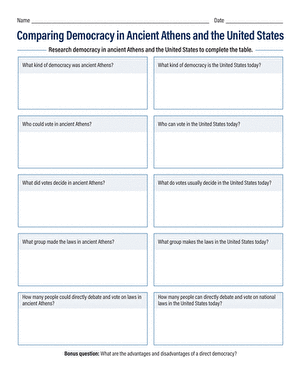
Comparing Democracy in Ancient Athens and the United States
Worksheet
Comparing Democracy in Ancient Athens and the United States
Investigate the differences between ancient Athenian democracy and modern democracy in the United States!
6th Grade
Social studies
Worksheet

Let Your Kids Campaign!
Activity
Let Your Kids Campaign!
Kids are acutely aware of what's "fair" and what's not. Here's a quirky way to teach your first grader the importance of voting and democracy.
1st Grade
Social studies
Activity
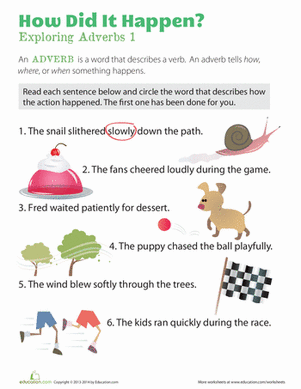
Adverbs for Kids
Worksheet
Adverbs for Kids
Use this basic worksheet that explains adverbs for kids!
1st Grade
Worksheet

Astronomers For Kids
Worksheet
Astronomers For Kids
Here's a great introduction to five famous astronomers for kids. See who got the star party started with this worksheet.
4th Grade
Science
Worksheet

Present Tense for Kids
Worksheet
Present Tense for Kids
Practice present tense for kids! This worksheet asks students to change verbs in given sentences, by spelling the words with -ing at the end.
2nd Grade
Worksheet
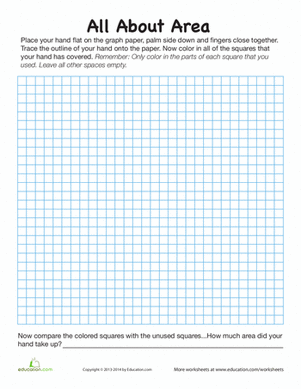
Area for Kids
Worksheet
Area for Kids
Here's a fun activity to help kids learn the concept of area.
1st Grade
Math
Worksheet

Haggadah for Kids
Activity
Haggadah for Kids
This Haggadah scroll activity is great for getting kids to practice handwriting, but it will also get them thinking about the meaning behind Passover.
3rd Grade
Social studies
Activity
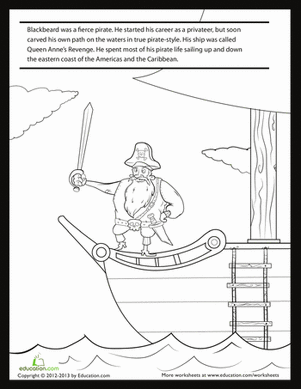
Blackbeard For Kids
Worksheet
Blackbeard For Kids
Here's a trio of printables about Captain Blackbeard for kids who could use some exciting reading.
Worksheet
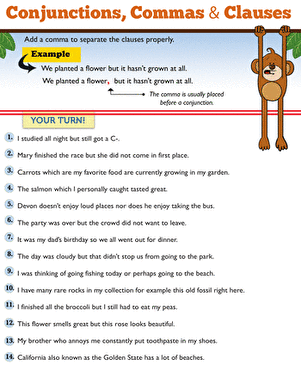
Commas for Kids
Worksheet
Commas for Kids
Using commas for kids, and adults, can be a tricky thing. This worksheet puts practice together with a mix of different sentences.
3rd Grade
Worksheet
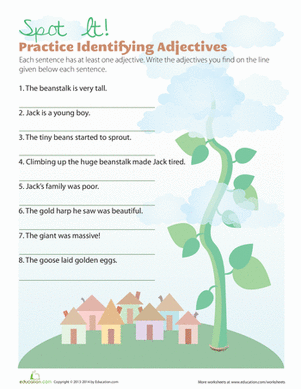
Adjectives for Kids
Worksheet
Adjectives for Kids
This worksheet provides a fun lesson in adjectives for kids.
1st Grade
Worksheet
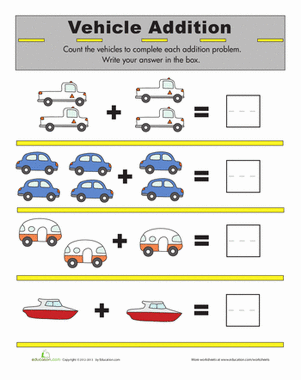
Addition for Kids
Worksheet
Addition for Kids
Kids will count the vehicles to solve each picture equation.
Kindergarten
Math
Worksheet

Democracy
Worksheet
Democracy
Get a quick rundown of the differences between two types of government, democracy and monarchy, to help get your child ready for 5th grade history.
5th Grade
Social studies
Worksheet



